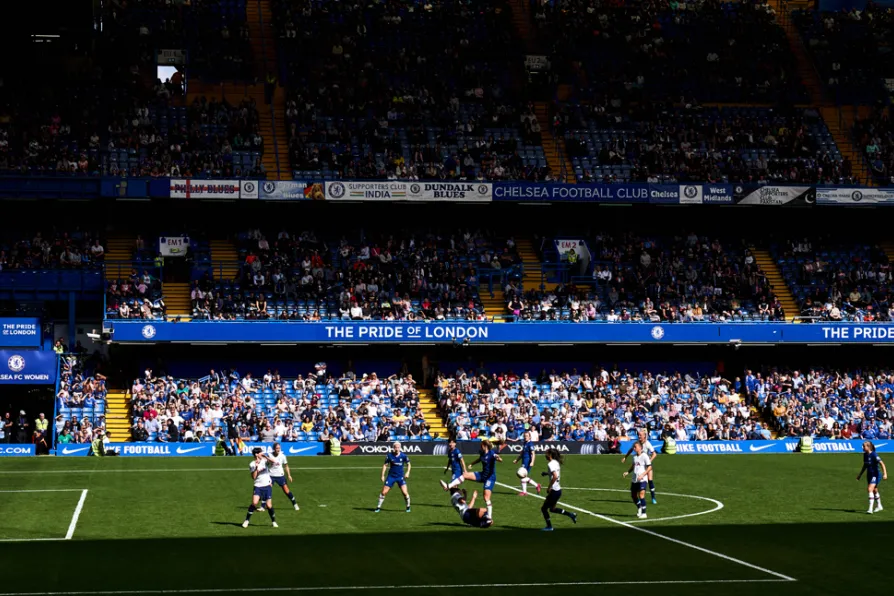Sporting calendar hit by regional instability with tournaments in the Gulf abandoned
Why women’s football on free-to-air TV is a big deal


by James Nalton
WOMEN’S football received a huge boost this week after a TV deal was struck which will see Women’s Super League (WSL) games shown live across Sky Sports and the BBC from next season.
As is always the case when it comes to football’s relationship with TV, much of the focus was on the money and how useful the three-year deal worth £8 million per season will be for the development of the women’s game.
But the most important part of this deal is the BBC’s involvement and the fact that games will be shown on BBC1 and BBC2, rather than hiding games behind the red button as has often been the case previously.
Similar stories

JAMES NALTON takes a look at the German league’s move to grow its audience in Britain, and around the future of football on TV in general

As the transformation of the game in Europe continues, Umea IK is among the unfashionable clubs of yesteryear who know they can no longer compete












